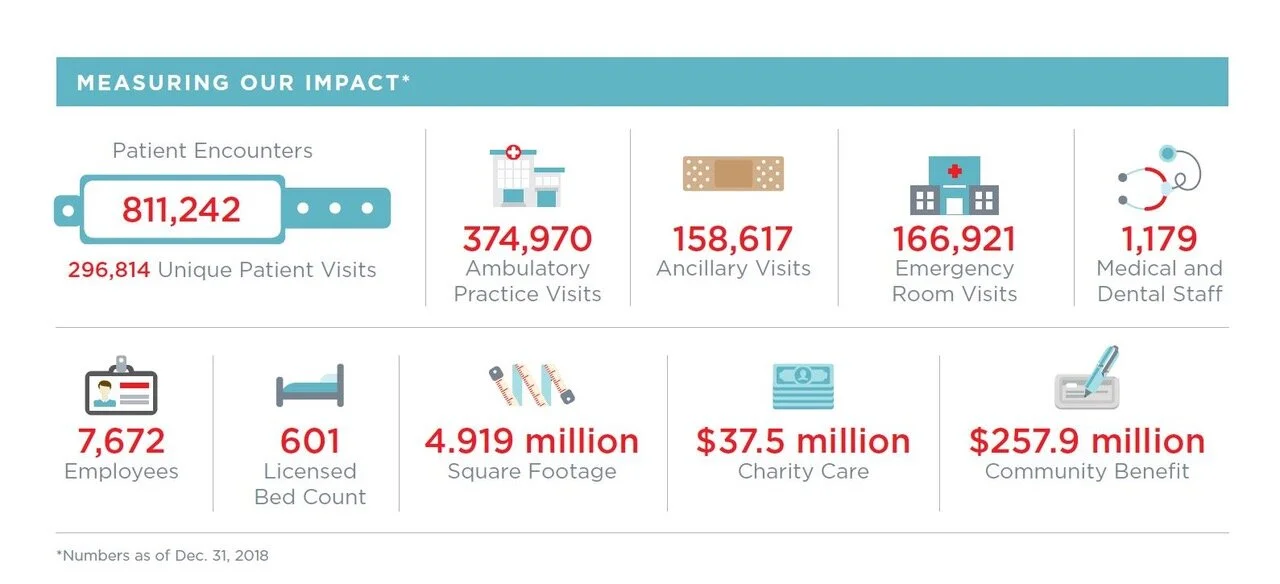Voice of the Community: Benigno Salinas
When he was a kid, Benigno “Ben” Salinas thought he’d pursue a career in politics and “change the world.” Instead, Salinas, Vice President of Dallas Operations at Children’s Health, landed in the health care arena. But he’s still trying to change the world.
THE GRANDSON of a Mexican immigrant, his grandfather came to the United States without a high school diploma, searching for a better life for his family. He worked in the automotive industry, while raising Salinas’ father and aunt. Salinas’ father became a first-generation college graduate, earning a degree in mechanical engineering.
“It’s the American dream,” Salinas said. “I think my grandfather would be proud for me to have a voice at the leadership table. And it happened because of the sacrifices he made.”
Salinas, who oversees outpatient experiences at Children’s Health, is instrumental in collaborating with physicians and staff to break down barriers in areas such as technology and language to help patients receive the best possible care. During his time at Children’s Health, Salinas has reduced staff turnover in Ambulatory Services from 25 to 14 percent.
“What’s driving that is the culture. It’s transparency. It’s being visible and accessible,” he said. “People join for the mission, but they stay because they enjoy the work they do and the team they work with.”
q: What led you to work at Children’s Health?
A: I grew up in Texas and knew after working at Emory Healthcare in Georgia that I wanted to return to my home state. The mission of Children’s Health to “make life better for children” and its reputation as a top medical center aligned with my goals to serve.
q: Why did you want to pursue a career on the business side of health care?
A: For several years after graduating from UT, I worked as a disability specialist in Social Security Administration. That’s when I first started working with physicians and understanding medical records. I decided I wanted to go back to school for my MBA, knowing I’d probably pursue jobs in health care after graduation. I wanted to help people more directly.
q: When it came to jobs in health care, why were you interested in Children’s Health?
A: I intentionally chose to work for a nonprofit organization that has a mission to help the underserved. I didn’t want to be in a for-profit area. Growing up in McAllen, you could see the need all the time for health care opportunities in the Valley.
q: What are you most proud of that you’ve accomplished at Children’s Health?
A: We’re always evolving to meet parents where they are today. That means we’re looking at online scheduling. A lot of families miss their appointments because they forget about them, or they’re not able to come last minute. By giving them the opportunity to move the appointment online for a time that works for them, you increase your show rates, which also increases the amount of care that children are receiving.
And then there are all the great sub-specialty programs like foster care that cater to kids who wouldn’t get care otherwise. Children’s Health is a safety net hospital that people turn to when everybody else has failed to get kids the outcomes we can.
“I INTENTIONALLY CHOSE TO WORK FOR A NONPROFIT ORGANIZATION THAT HAS A MISSION TO HELP THE UNDERSERVED. ”
q: More than 50 percent of patients treated at Children’s Health are Hispanic. How does that impact how you perform your job and the decisions you make?
A: It’s one of the reasons I wanted to return to Texas. I grew up with a lot of Hispanic culture, foods and holidays that I missed in Georgia.
As far as the patients at Children’s Health, we’re always thinking about them in terms of translation services and making sure Spanish-speaking families get the best care possible. Much of the care we’re delivering is dependent on a third-party translator for many of these Hispanic families. And even for families who can speak conversational English, medical terminology can be lost.
We have an obligation to make sure we’re taking care of kids and helping them succeed. That’s always in the back of my mind. These kids are looking for the same chances that my grandfather was searching for when he moved here, and we must make sure we’re giving them the best care so they can have those opportunities too.
q: What are some of your goals this year for Ambulatory Services?
A: I want to see us continue to be one of the top-ranked medical centers, and I’d like to see us continue to provide outstanding care to all people in our community. I also want to see us continue to improve the technological translation services we offer. There are a lot of gaps to make electronic medical records a more robust system. +



